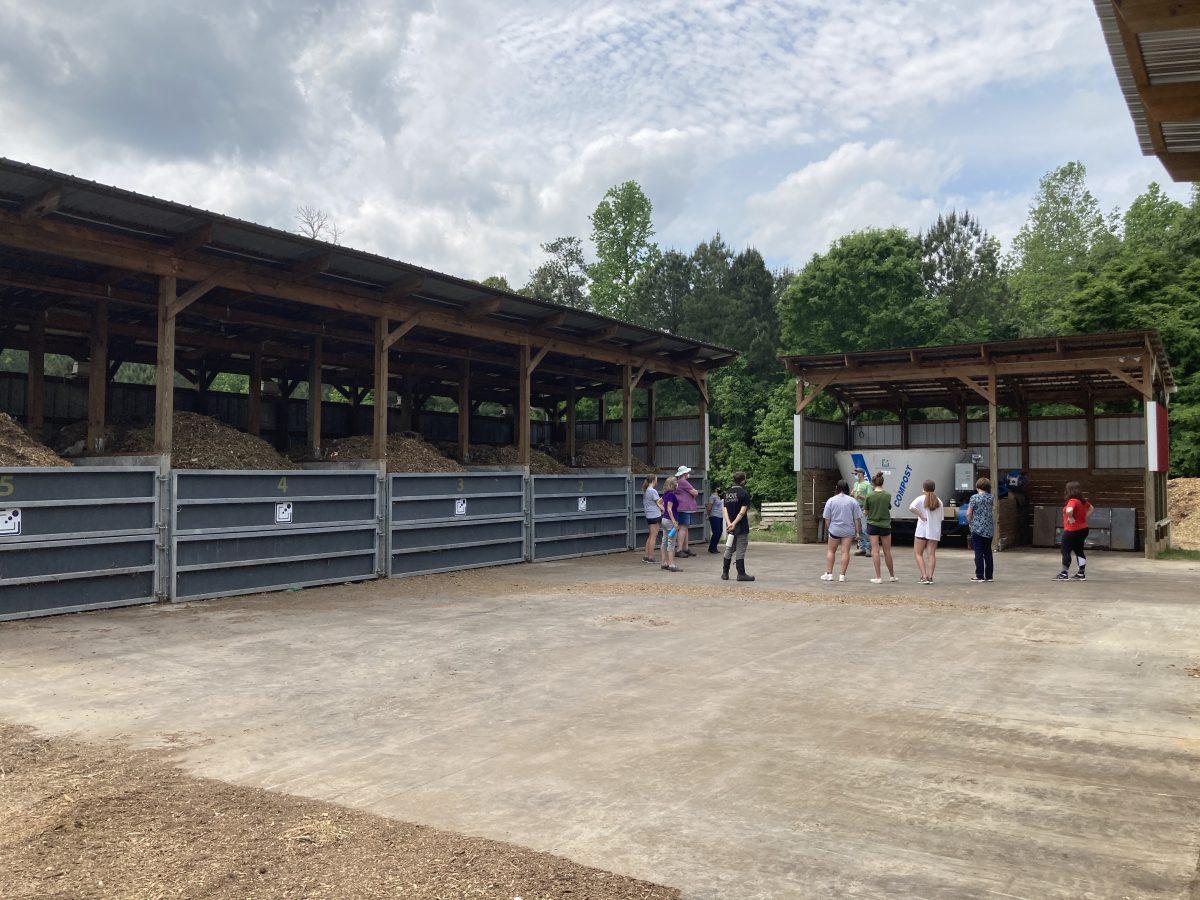NC State ranked 18th on the Princeton Review’s 2022 Top 50 Green Colleges list, which is based upon university-provided data and student surveys from the 2020-21 school year.
According to Carla Davis, the director of the sustainability office, many universities have wide-reaching sustainability programs which include everything from transportation to land management, but NC State’s program has many characteristics that set it apart.
“We have an on-campus compost facility and research cooperative,” Davis said. “So we are able to collect and process our own compost on campus. I think that’s gonna end up being a differentiator with how much waste we’re able to divert from the landfill.”
NC State has made great strides in energy and water reduction on campus, Davis said. According to Davis, since the 2003 fiscal year, energy use per square foot has been reduced by 37%, and potable water use per square foot has been reduced by 64%.
“Our [energy] goal is 40%, so we’re close, but not there yet,” Davis said. “With water, the goal is 65%, and we’re pretty close to that. So we’ve got improvement to make there. But we also have that compost facility that’s open. So I’m excited about how that can help us reach those goals.”
According to Davis, the accessible sustainability education NC State offers also greatly contributed to the ranking on the Top Green Colleges list.
“We have more than 400 courses that are sustainability related on the undergraduate level,” Davis said. “We have a graduate-level inventory that’s underway, but it’s not complete yet.”
Emily Applegate, a third-year studying computer science, has been a steward for the sustainability office since the fall of her freshman year. Applegate said the accessibility of environmental education resources for students may have contributed to NC State’s ranking on the Princeton Review’s list.
“NC State does a really good job of making sustainability a topic that everyone can access if that’s something they want to think about,” Applegate said. “One of the reasons I chose to come to NC State was because I had heard of the stewards before. I was like, ‘That’s such a great program. It’s a way I can get involved outside of my major in something I really care about.’”
According to Applegate, in order to make environmental education more accessible, NC State has many environmental clubs related to specific majors, even if that major isn’t directly related to sustainability.
“A big focus of a lot of sustainability clubs is outreach and education for the greater campus community,” Applegate said. “The goal is to make sustainability related topics and events really accessible. So there’s a lot of events that you can participate in, even if you’re not part of those groups.”
More information about sustainability education at NC State can be found here.













